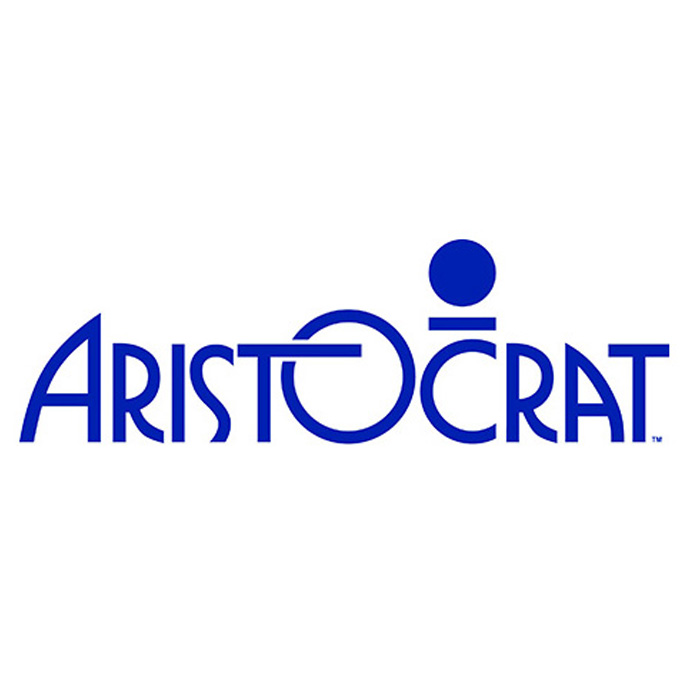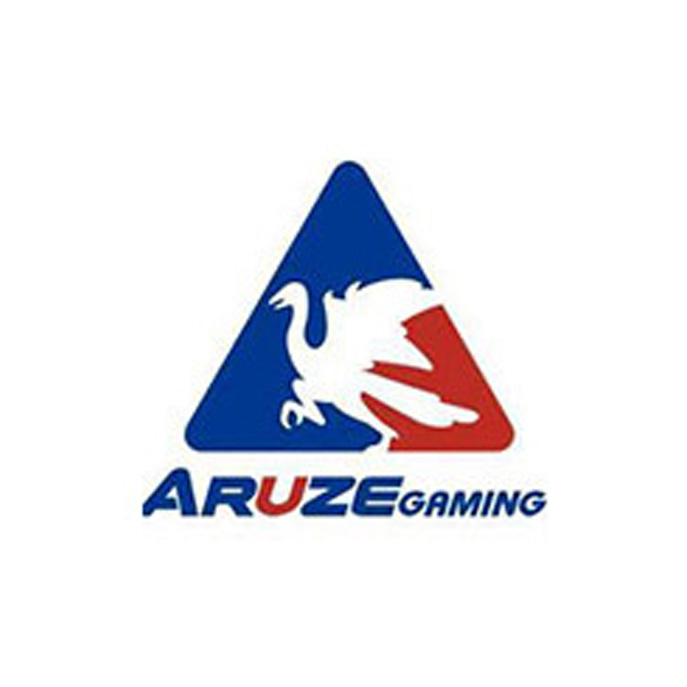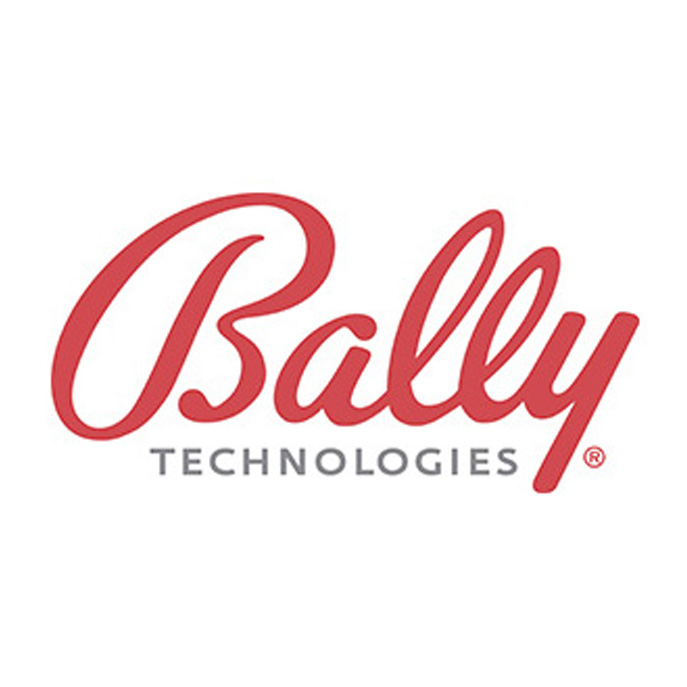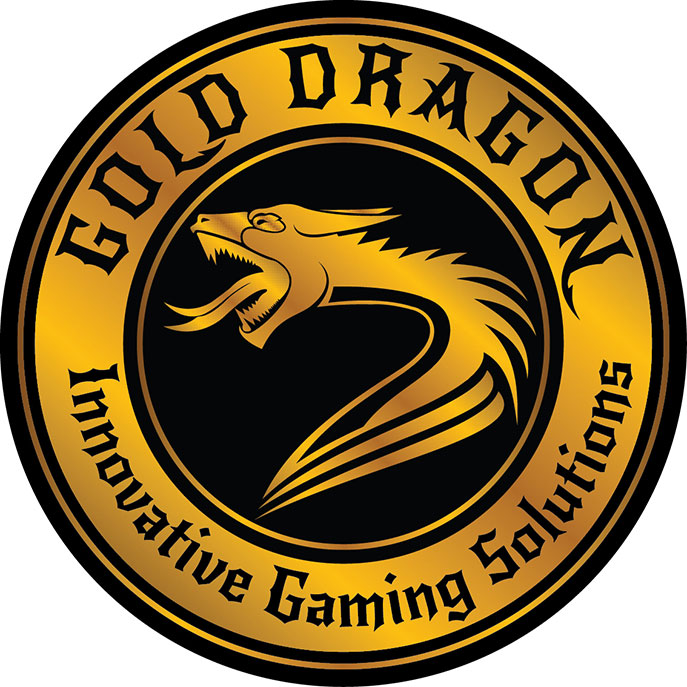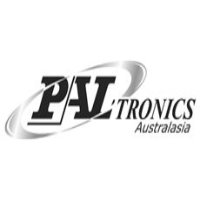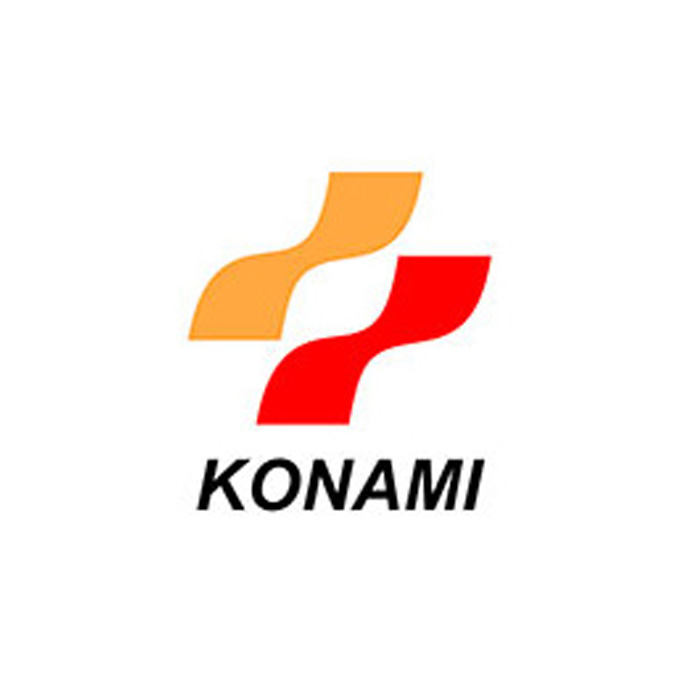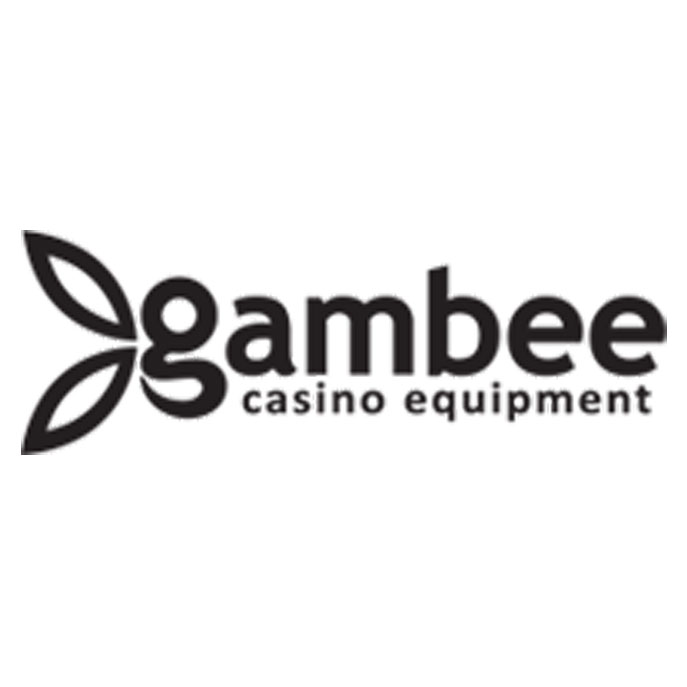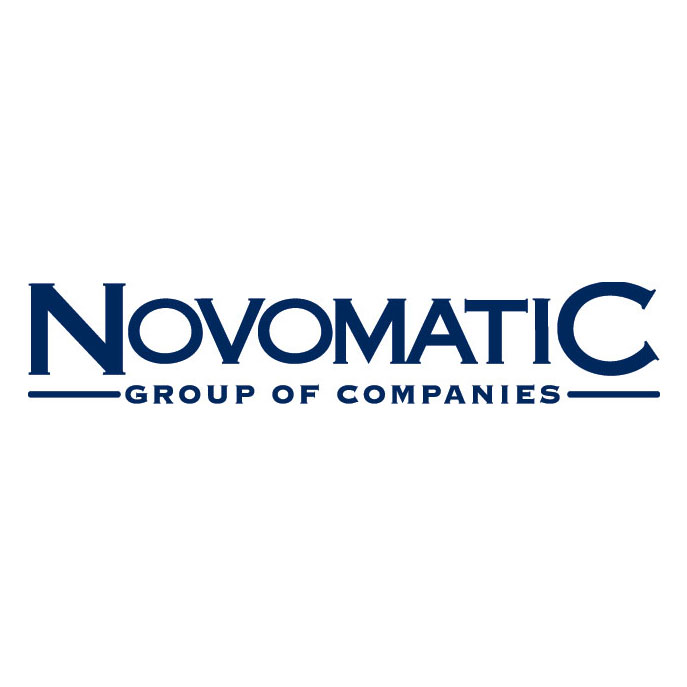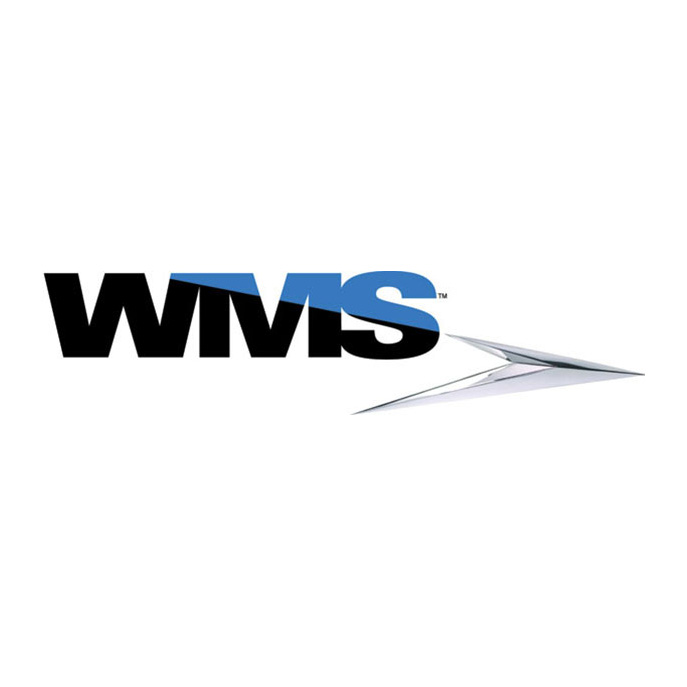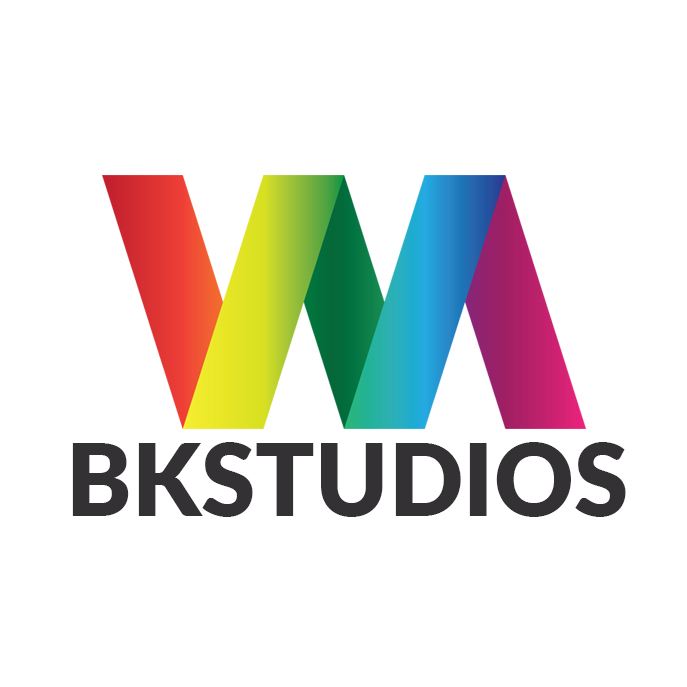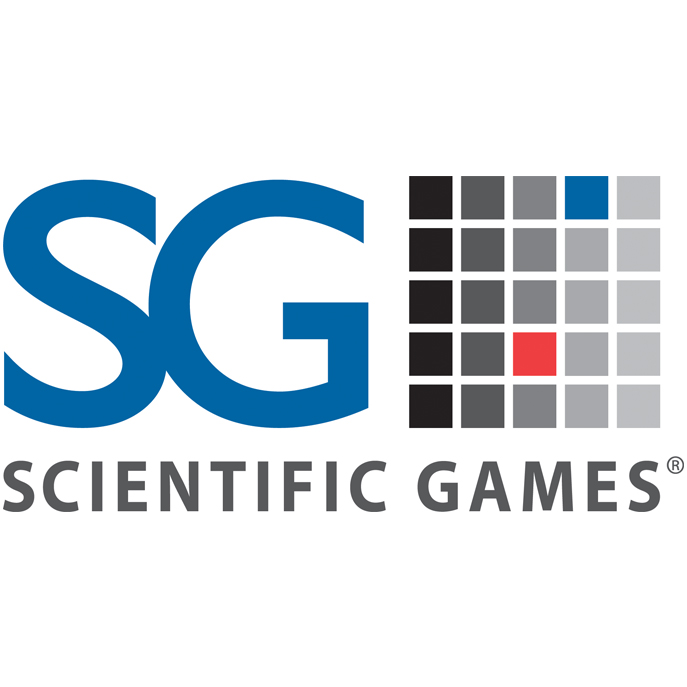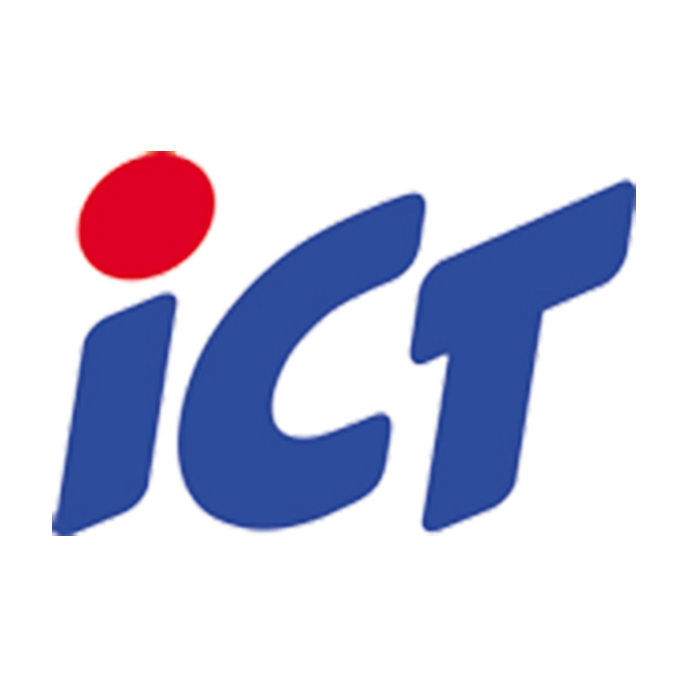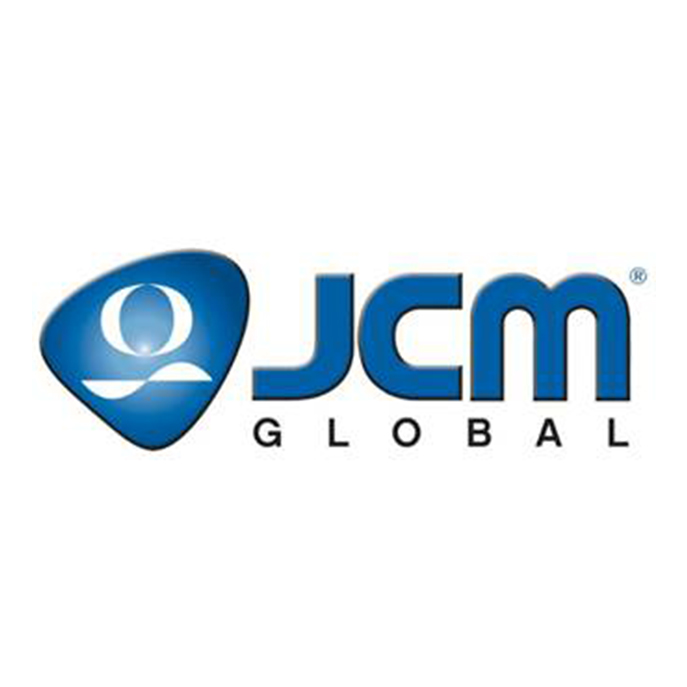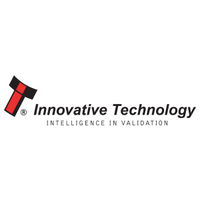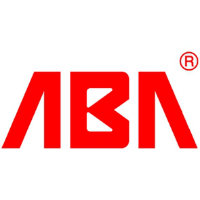Why Upgrading Your Slot Machine’s Logic Boards Is a Smart Investment
In the competitive landscape of modern casinos and entertainment venues, keeping your gaming machines up to date is no longer optional—it's a necessity. One of the most overlooked yet crucial upgrades involves the logic boards inside your slot machines. These boards are the brain behind every spin, interaction, and payout, and upgrading them can transform both performance and profitability. This article dives deep into the reasons why upgrading slot machine logic boards should be part of your long-term operational strategy.
Understanding What Logic Boards Do
Logic boards, also known as PCBs (Printed Circuit Boards) or MPU (Microprocessor Units), are the central control units of a slot machine. They handle all core operations—from processing player inputs and generating game outcomes to displaying animations and managing peripheral communication. Essentially, a logic board determines how responsive, secure, and feature-rich your machine will be.
In older machines, logic boards were designed with limited RAM, fixed programming, and basic input/output capabilities. Today's upgraded logic boards support faster processors, improved graphics rendering, memory expansion, and advanced encryption. Upgrading a logic board is similar to replacing the engine of a car—it breathes new life into an otherwise outdated frame.
Furthermore, modern boards are developed to handle more advanced software systems, meaning operators can install more engaging game content and interactive features. This can be especially useful in regions where the gaming audience demands cutting-edge digital experiences. From custom game cycles to sophisticated random number generators, upgraded logic boards enable machines to meet today’s expectations.
Performance Improvements That Matter
With a new logic board, machines experience reduced lag times, smoother transitions, and better responsiveness. These upgrades are especially important when running complex bonus games or high-resolution animations. Improved CPU/GPU configurations allow for richer gaming experiences, attracting modern players who expect visual sophistication.
In addition to graphics, modern boards offer better sound integration and can support multi-channel audio, creating an immersive audio-visual experience. This upgrade isn't just aesthetic—it can significantly increase dwell time and customer satisfaction.
Latency reduction also plays a critical role in improving player trust. Laggy or delayed responses can create suspicion among players and decrease machine reliability perception. Upgraded logic boards process inputs and outputs more efficiently, delivering an experience that feels instantaneous and fair. This helps build brand loyalty and improve a venue's reputation among regular clientele.
Security and Regulatory Compliance
Security threats and hacking techniques have evolved alongside technology. Outdated logic boards often lack basic protections against modern vulnerabilities. Newer boards incorporate built-in encryption, tamper detection, and firmware signing protocols. These features are not only vital for safeguarding player data and casino revenue but are also frequently mandated by gaming regulatory bodies.
By upgrading, operators ensure their machines meet jurisdictional requirements. This avoids costly compliance violations, downtime, and potential license suspensions. Many regulators now require periodic upgrades to maintain certification, and logic boards are among the top audited components during inspections.
Logic boards with advanced encryption protocols also protect against software manipulation and counterfeit components. Sophisticated watchdog timers, secure boot processes, and remote monitoring make modern boards virtually impenetrable to unauthorized access. These features also help comply with cybersecurity regulations and anti-money laundering standards now enforced by several jurisdictions.
Support for Modern Peripherals
Many casinos are shifting toward cashless gaming, QR code tickets, contactless cards, and even mobile app integrations. These features demand compatibility with modern I/O protocols, which older boards may not support. An upgraded board is often required to facilitate communication with newer peripherals like advanced bill validators, NFC readers, ticket printers, and server-based gaming systems.
This shift allows operators to run promotions, track loyalty programs, and collect data in real time—something not feasible with legacy board configurations. Future-proofing through logic board upgrades ensures scalability as player behavior and technology continue to evolve.
Many venues also look toward integrated AI assistants that use player data to suggest new games, bonuses, or real-time support. These systems require a logic board capable of processing large data sets and communicating with external servers. Upgrading ensures compatibility with these increasingly common and advanced casino management tools.
Energy Efficiency and Sustainability
New generation logic boards are significantly more energy-efficient, consuming less power while delivering more output. Lower electricity usage means reduced operational costs, especially for venues running large game floors. In a world increasingly focused on ESG (Environmental, Social, and Governance) standards, energy efficiency has become a major advantage in public relations and investor reporting.
Some upgraded logic boards also support eco modes or idle states that conserve energy during periods of inactivity, contributing to longer component lifespans and less frequent hardware replacement.
These savings may seem incremental per machine but quickly add up across an entire floor. For example, a venue operating 150 machines could save thousands annually in power costs alone—freeing budget for content development, customer incentives, or infrastructure expansion.
Cost vs. Value: Is It Worth It?
At first glance, upgrading logic boards for dozens or even hundreds of machines might seem costly. However, the ROI becomes evident when considering performance, uptime, player satisfaction, regulatory compliance, and future scalability. A newer board extends the machine’s usable life by several years, potentially deferring large-scale reinvestments into entirely new cabinets.
In addition, smoother machine operation and compatibility with advanced games mean higher coin-in and better overall yield per device. When viewed over a period of 3–5 years, logic board upgrades offer one of the best cost-to-value ratios in gaming operations.
Many casinos that have gone through such upgrades report reduced tech support needs, faster floor resets, and an increase in the number of machines operational at any given time. While the upfront investment may be significant, the operational advantages create long-term financial benefits that far outweigh the initial expense.
Case Studies: Real-World Impact
Many operators have already witnessed the advantages of upgrading logic boards. For example, a medium-sized casino in Eastern Europe reported a 19% increase in machine utilization after replacing boards across their video slot portfolio. Players noted faster response, better sound design, and overall improved satisfaction.
In the United States, several tribal gaming venues integrated newer boards to enable mobile wallet connectivity. This move improved engagement among younger audiences and reduced cash handling costs by 25%. These examples underline the fact that logic board upgrades can be a strategic, revenue-generating decision.
Other venues that invested in new logic boards have used the improved performance to test hybrid games that combine skill-based elements with traditional mechanics. With faster logic boards, these experiments become more viable and may lead to new gaming formats that attract broader audiences.
Choosing the Right Upgrade Path
Not all upgrades are equal. Operators should evaluate their current game floor setup, software needs, and player demographics before selecting specific board models. Key factors include CPU type, available RAM, PCI/USB ports, video output options, and OS compatibility. Brands like Aristocrat, Ainsworth, and Konami offer proprietary board systems with unique integration protocols.
Partnering with a vendor that understands your ecosystem—like GEM Tech Gaming—ensures that upgrades go smoothly and your warranty or regulatory standing isn’t jeopardized. A good vendor can also provide support with firmware updates, technician training, and spare parts sourcing.
Additional considerations include the availability of technical support, upgrade documentation, and post-installation monitoring. Choosing a board with remote diagnostics capabilities allows quicker problem resolution and lowers maintenance costs over time.
Conclusion: A Small Component with Big Impact
Upgrading your slot machines’ logic boards isn’t just a technical detail—it’s a strategic move that influences your bottom line, customer experience, and compliance readiness. In an age where player expectations are high and technology advances quickly, logic board upgrades allow venues to stay competitive without overhauling their entire game floor.
Whether you're managing a boutique gaming lounge or a sprawling casino, investing in smarter, faster, and more secure logic boards could be one of the most impactful decisions you make this decade. And with ongoing innovations like cloud-connected systems, AI analytics, and dynamic player rewards, the importance of future-ready hardware cannot be overstated. A well-timed upgrade today may very well define your profitability tomorrow.

